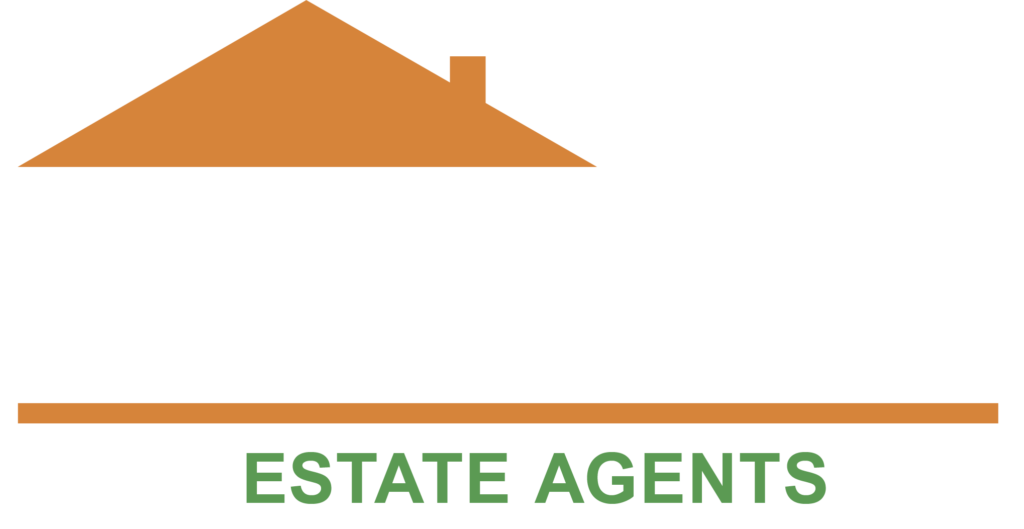
To get to this point in professional life, I’ve spent a good amount of time with my head in the books. As a former IT personnel, we’re expected to study something and then apply it immediately. I’m used to this, and so I tried to do just that with an out-of-state investment property I had my eye on. From a cash flow perspective, I knew that the numbers made sense, but I wasn’t sure how to get started.
So I began to do some research, but all I got were more questions. Which areas of the country would yield the highest profits? Do the numbers favour purchasing or renting? What about nearby school districts?
Early in my real estate investing career, I tired of self-property management. But seasoned landlords told me, “No one cares about your property as much as you. Keep self-managing.” I soon found that it’s not worth self-managing for the last 2% of perfection. By outsourcing management, I quickly grew from eight to 20 units and freed up my time. Don’t self-manage for too long. It’s not scalable. – Keith Weinhold
I finally realised that I needed to assemble a team.
I started off from my dining table till I finally brought in people and trusted allies that could take my vision and run with it.
- Relying too much on the advice of family and friends:
This response has the possibility of upsetting some people, but one of the biggest mistakes buyers make is listening to their family and friends about their real estate experiences. What buyers need to understand is that every transaction is different. When well-meaning family and friends give advice, they do it with the best intentions, but rarely do you give the details of their finances or their circumstances.
Real estate is personal and regional. What works in one state, doesn’t necessarily work in another state. Or, what a homeowner experienced three years ago, may not be relevant to current market conditions. Seeking advice from family and friends rather than industry professionals – who know their unique circumstances – could be a set up for frustration and disappointment.”
- Don’t Be In A Rush
As the old saying goes, “bulls make money, bears make money, pigs get slaughtered.” The real estate market is cyclical. If you have the wherewithal to hold an asset long term, you should not be in a rush to sell over market speculation. However, if you are looking to offload an asset quickly, ask yourself if it is really worth that extra percentage point or two by holding out for a specific price. This is why leveraging on the right people and not taking too much advice is very valuable.
- Thinking you’ll get rich quick
Eric Tyson, co-author of “Real Estate Investing for Dummies” and a former personal financial adviser, blames “self-appointed gurus who have infomercials and make it sound so easy to get rich in real estate” for leading people to think investing in real property is an easy, fast way to make tons of money.
It’s a good long-term investment, but so is putting your money in a mutual fund, which is a lot easier. “These gurus don’t talk about all that hard work. You have to be smart, you have to be willing to work, and you have to understand your risk tolerance,” cautions Tyson.
- Biting off more than they can chew, financially
“If new homeowners think the mortgage will be their only cost, they’ll be in for an awakening. They should make sure they have the monthly budget to cover regular, as well as unexpected maintenance items. For example, will the house need a new roof, water heater, HVAC, windows, or exterior siding in the next 3-5 years? In addition, there’s also property taxes and HOA fees to consider. Buyers who make the mistake of not accounting for these costs upfront can end up feeling ‘house poor’.”





